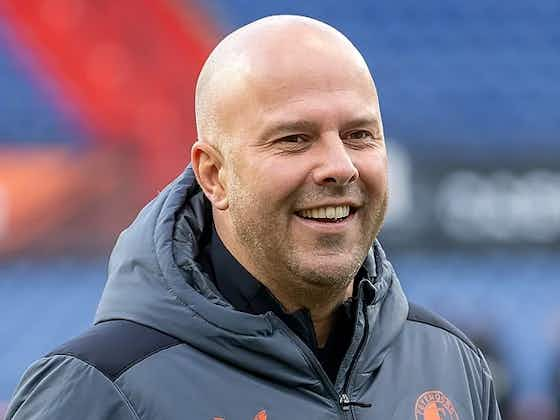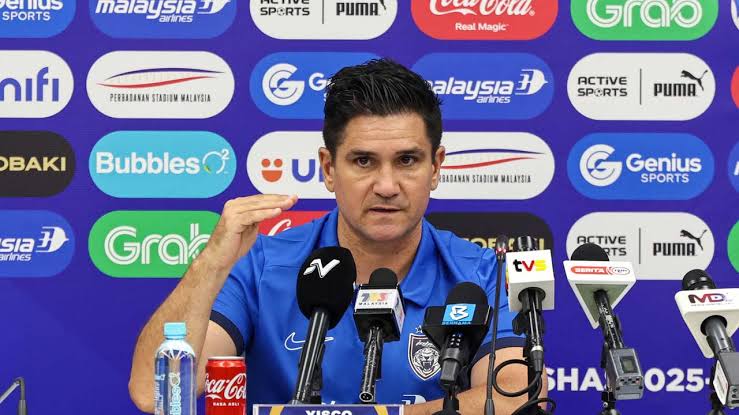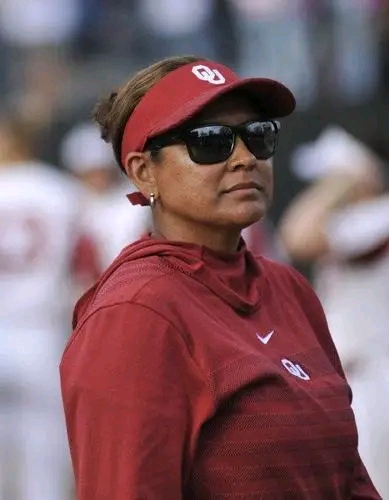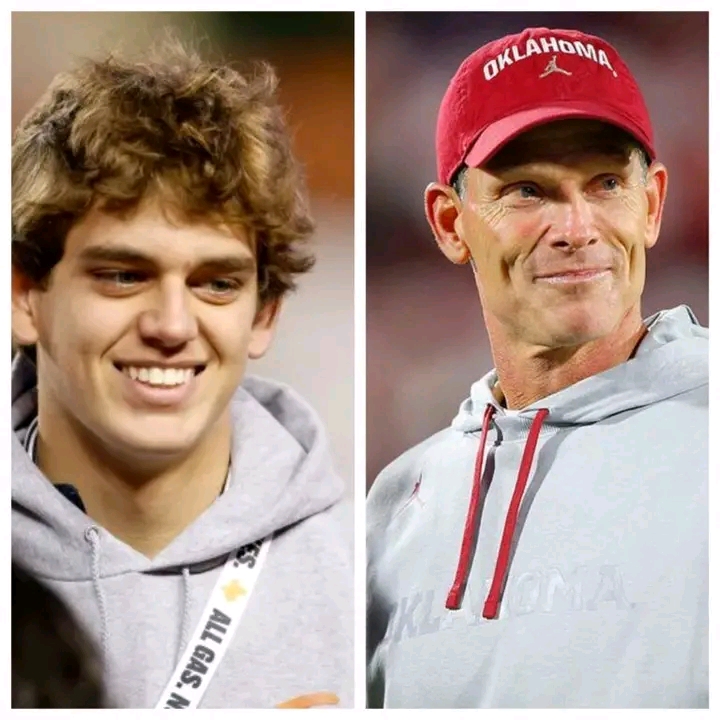
The NCAA is currently considering a groundbreaking proposal that would allow college athletes and staff members to legally bet on professional sports. This potential policy shift marks a significant departure from the longstanding prohibition on sports betting within collegiate athletics, reflecting the evolving landscape of legalized gambling across the United States.
For decades, the NCAA has maintained strict rules barring athletes, coaches, and other personnel from engaging in any form of sports wagering, citing concerns about the integrity of college sports and the potential for corruption or undue influence. However, with the rapid expansion of legalized sports betting following the 2018 Supreme Court decision overturning the federal ban, many states have embraced regulated gambling markets, creating new challenges for enforcement and compliance within college athletics.
The proposal under consideration would specifically allow student-athletes and staff to place bets on professional sports leagues, while maintaining prohibitions on wagering on collegiate events. Advocates for the change argue that allowing bets on professional sports respects athletes’ personal freedoms, aligns with broader societal acceptance of sports betting, and provides an opportunity for education and regulation within the NCAA framework.
Critics, however, express concerns about potential risks, including the blurring of lines between amateur and professional sports, the vulnerability of young athletes to gambling addiction, and the possibility of indirect impacts on college sports integrity. The NCAA’s Office of Integrity and Compliance is reportedly engaging with various stakeholders—including university compliance officers, athletic directors, legal experts, and mental health professionals—to thoroughly assess the implications of this proposed policy shift.
If adopted, the new rules would require comprehensive educational programs to help athletes and staff understand responsible betting practices, recognize signs of problem gambling, and adhere to strict guidelines designed to prevent conflicts of interest or influence over collegiate competitions. The NCAA is also expected to implement enhanced monitoring systems to detect and address any suspicious activity related to sports wagering.
This potential policy change comes amid a broader national dialogue about the role of legalized gambling in sports and the responsibilities of governing bodies to protect the welfare of athletes while adapting to new economic realities. Many professional leagues have embraced partnerships with betting companies, generating significant revenue streams and fan engagement opportunities, which contrasts with the historically cautious stance of college sports organizations.
Ultimately, the NCAA’s consideration of allowing athletes and staff to bet on professional sports underscores the ongoing tension between tradition and modernization in collegiate athletics. As the proposal moves through deliberations, the NCAA will weigh the benefits of greater personal freedom and regulated participation against the imperative to safeguard the integrity and reputation of college sports.
Whether or not the proposal is approved, the discussion signals a pivotal moment for the NCAA and its member institutions as they navigate the complex intersection of sports, gambling, and athlete welfare in the 21st century.






